
Nadia Eghbal, Re: Writing Hypertext
My digichat with @nayafia—an essential writer (imho) of texts, notes and wonderful roundups.
A few months ago, I stumbled across the essay ‘The tyranny of ideas’ and was truly struck by the inquisitive, thought-mashing flow of the writing. It’s just a great piece—I’ve read it several times now and talked about it with pretty much everyone I know. The author, Nadia Eghbal, writes quite a bit about funding open source software[1], but meanders all over, processing modern life on her website.
> Welcome to the digichat with Nadia.
kicks: You have a simple, minimalist blog—very limited styling, an RSS feed, generated with Jekyll—meaning you likely write all your posts in a plain text editor. What appealed to you about a minimalist design?
nadia: Before I started writing, I really liked blogs like Aaron Swartz’s and Paul Graham’s, which were minimally designed. If it’s a blog post, I generally don’t want to do anything that takes away from the text itself. It’s like when you cook a really nice piece of fish or steak or whatever: if the main ingredient is good, you shouldn’t need to season it.
kicks: You are also pretty sparse with your linking, image embedding, all the ‘hypertext’ features of the Web. I take it that your faith in plain text doesn’t extend to these?
nadia: Not sure I understand the q, but yes, I like keeping everything pretty sparse. I do like linking a lot (or at least I feel like I link a lot!) as a way of subtly saying “if you wanna dig into this thing more, you can go down this path over there, but otherwise I’m gonna keep talking”.
kicks: You have a page on your site for somewhat ephemeral thoughts and unpolished shorthand. This page has no feed, so it doesn’t actively broadcast—it could almost be seen as a neat personal touch to your website. However, you are incredibly active in updating this! Much more so than your Twitter account it seems. What motivates you to write there?
nadia: I like being able to publish my messier, half-formed thoughts, but I get turned off by putting those next to a like count. It feels like the more likes you get, the more you start writing things to get likes, whereas the REALLY weird, unpopular stuff probably won’t get many likes at all.
I worry about likes changing how I think and interfering with my ability to wander and explore the edges. (I am truly envious, however, of people who are able to use Twitter as a place to braindump their thoughts! I think I’m just too self-conscious.)
Someone (I think Eugene Wei?) once tweeted that all Twitter accounts eventually sound like fortune cookies. I don’t want to become a fortune cookie. So I like things like newsletters, and my notes page, which are still discoverable and semi-public, but aren’t subject to short feedback loops. I also removed comments on my blog for the same reason, and I never look at my site analytics.
kicks: This is making me seriously reconsider ‘likes’—which I’ve let pass as a kind of low-effort but benign and gracious comment. But now as I look at your ‘notes’ page—not only am I convinced by what you’ve said—I think the absence of all the ‘share’/‘like’ icons really makes that page feel like a running conversation. With ‘like’ counts, I think I’d be distracted wondering which thoughts were the most highly admired—but, come on, what kind of bullshit is that for me to be thinking while looking through your private thought journal?? So maybe it alters reading too in a sick way?[2]
nadia: The problem with likes is it naturally draws your eye towards the most-liked stuff, instead of deciding for yourself what’s most interesting. It almost feels like I’d be taking agency away from the reader by doing that.
(Maybe I’m being a little sanctimonious—e.g. shorter thoughts probably draw ppl’s attention more than bigger paragraphs, there’s no way to totally avoid this problem—but I’d rather not add to it, either.)
I mean I think curation can be useful, e.g. on my homepage I highlight a couple of my favorite blog posts, because I assume they want a bit of guidance at that point. But on a stream-of-consciousness notes page, I’m assuming they’re more in exploratory, serendipity mode. I don’t want to guide them towards anything.
kicks: Ok, now: about the essays. The quality of your writing on your blog is very good, very thought-provoking and unique. Serious time has been invested into each essay. I imagine there is a wealth of publications who would love for you to write for them. Why post these to a personal blog?
nadia: Thanks! I like what Venkatesh Rao has to say about Ribbonfarm, which he thinks of as a wildlife preserve. I like having total freedom on my blog to roam around and write about whatever I want, as much or as little as I want. It’s like the popularity metrics thing: if I start writing for others, I worry it’d start to change what I think and write about.
That said: I do like writing for other publications and blogs occasionally! It’s just a very different experience, and I usually need to have a particular reason for doing it.
kicks: You know, your link to Ribbonfarm there has illustrated what you are saying so well. I’ve never really read that blog—but what better way to find it than in this chance conversation with you? (We’re enjoying ‘sidewalk life’ here—as you term it.)
nadia: Woot! Ribbonfarm is lifechanging, I’m a bit of a fangirl.
kicks: I mean the world is trying so hard to build technology that will have these conversations for us. Especially these ones where we find each other. At the same time, it feels like there is more to talk about than ever. Do you feel this way? Or, I mean—you’ve already written pretty extensively—do you still feel like you’re at the tip of the iceberg?
nadia: I definitely feel like I’m at the tip of the iceberg. There are so many half-written blog posts waiting for me to finish, and at some point I’ve realized I’ll never get to them all. And having meaningful conversations is a really tough thing to scale, too. I’m still trying to figure that one out.
kicks: To what degree do you feel like you need to repeat yourself? Because some important points are worth harping on, right?
nadia: I hate repeating myself. haha. This is maybe one of my biggest weaknesses. Part of why I blog is honestly just to avoid repeating myself; if I’ve talked about an idea with enough people separately, I want to codify it into a post and be done with it. I get really impatient about having the same conversations with multiple people. But to your point, important points do need to be repeated, which helps them spread and sink in. It’s just my least favorite thing.
kicks: Does it ever feel like your blog is out in the middle of nowhere? Or do you feel sufficiently connected to the rest of the network out there?
nadia: Haha yes, I definitely feel that way sometimes, although usually I find it comforting—sort of a “hidden in plain sight” kind of thing. Twitter and newsletter are basically my only ties between my blog and the outside world; that said, I think I’ve gotten a surprising amount of engagement that way.
Fundamentally, I think of my blog more like a portfolio, or a display case. It’s not about juicing up my readership, but connecting with the right people who happen upon it and find something that resonates. I’ve met so many amazing people through writing: I’ve gotten most of my work opportunities that way, and made a lot of friends, too! I’ve thought about whether I should focus more on distribution, but again, I think if I started to worry about that, it would make the whole experience less fun, and I might also start changing what I write about. Maybe it’s naive, but I like the idea of having a public place for my “pure” thoughts, and the only way I can think to do that is by explicitly not caring about who reads it or how it spreads around.
kicks: Well, I think you’re playing a long game here—by not cashing in on the immediate attention and likes of those networks. It’s definitely ‘purifying’ to drain away all those other purposes that could be tweaking your motives.
A home page definitely seems more and more inert—disconnected from society, from live notifications, seemingly deserted. But there’s an advantage to that—it’s like you can actually control the tempo there. It’s like visiting you at your home—down a wooded road—or, maybe more appropriately: your candy store, like the one you mention in “Reclaiming Public Life,” where “one is free to either hang around or dash in and out, no strings attached.”
nadia: I love this imagery of a homepage being like visiting a home down a wooded road.
I am definitely the recluse living in a cabin 
kicks: I wish it was more like a candy store, though—so I could hang out and meet another avid reader or give you a thanks as the door jingles on my way out. What is an adequate ‘social’ sidewalk for your blog—is it your attached Twitter account and email newsletter?
nadia: Yeah, Twitter is probably the “social sidewalk” for my blog. I’m still trying to figure out the newsletter thing. When I send out a newsletter, I get a bunch of responses from subscribers, but it feels inefficient somehow to have multiple 1:1 conversations with different people, when I’m sure others would love to read them. I’d almost even say it feels selfish…like I’m keeping all these ideas to myself! Occasionally I include some of the interesting stuff in the following newsletter, but yeah, I don’t like being the bottleneck keeping everyone apart from each other. I haven’t come up with a better alternative besides Twitter, but not everyone is active there.
I guess that’s why some blogs have comments. I was so anti-comments in the past bc it felt like “the comments section”, as a place, had become so crappy and low-quality. It’d be funny if comments sections made a retro comeback as a place to have deeper, substantive conversations. Or maybe they never went away, but I’m the one who’s coming back around to them. (Are newsletters are just the slow re-invention of blogs?)
kicks: Hahaha! I believe this is the first time I’ve heard a remark in possible favor of comments. Yes, I think it is. It’s possible you’ve unearthed the first truly contrarian thought on the Internet here… Which is especially ironic because we’ve just been deriding ‘likes’ somewhat.
Ok, I’ll stop there. Thank you for all that you are doing, Nadia!
nadia: Thank you for all your delightful and thoughtful observations! Really enjoying your trains of thought.
Oh and the fortune cookie remark is too good! It reminds me of something David Yates recently said to me: that there needs to be a name for that feeling where you click on a link to a sweet domain name and it ends up just being another Mastodon instance. ↩︎
This post accepts webmentions. Do you have the URL to your post?
You may also leave an anonymous comment. All comments are moderated.


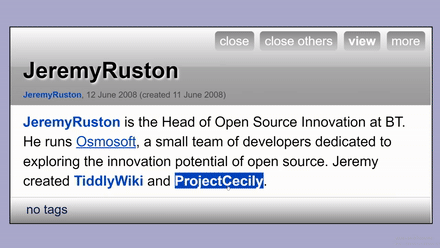
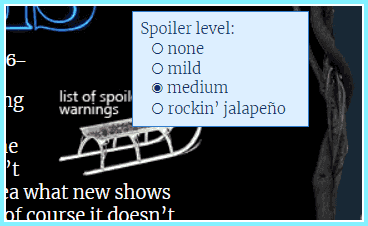


 It even has a ‘guestbook’! For the users!
It even has a ‘guestbook’! For the users!

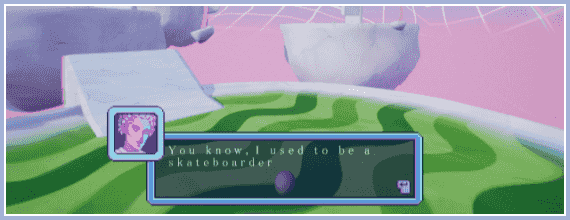



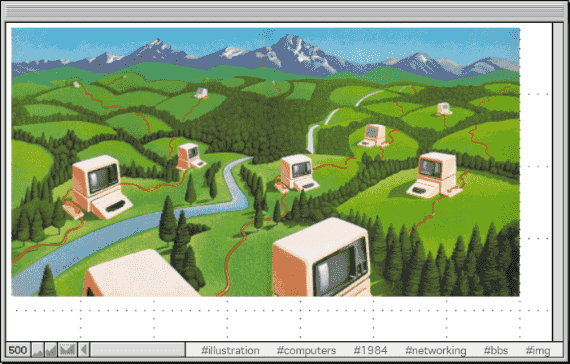

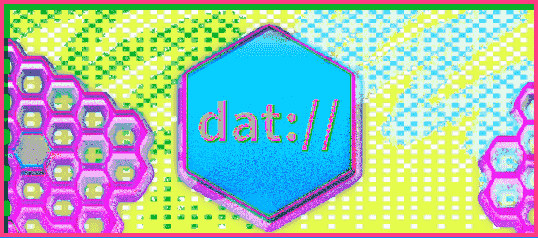
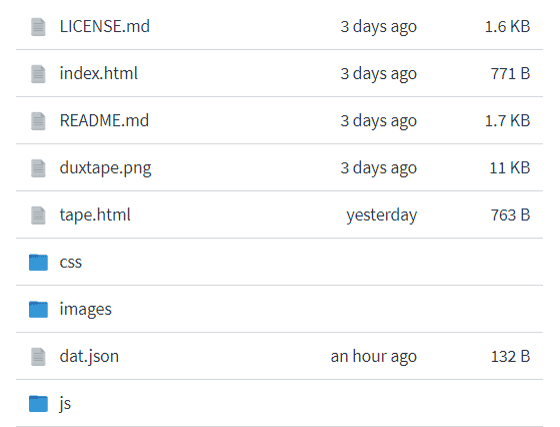
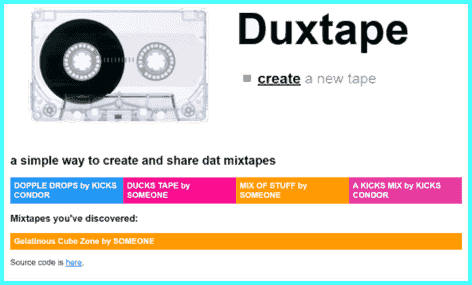
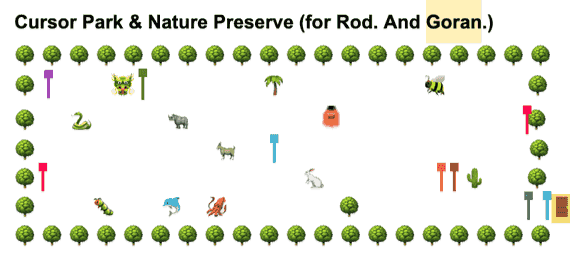


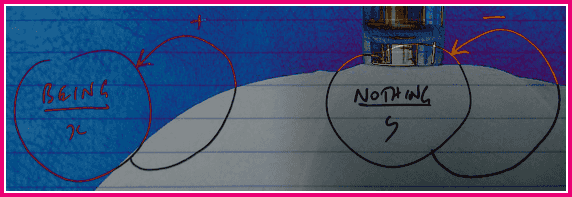

 C’est n’est
pas une h0p3.)
C’est n’est
pas une h0p3.)


Reply: Lateral Connections
‘…unlike things being adjacent to each other.’
Great comments. Even without algorithms, this can be trouble—on subreddits, posts can be flagged ‘offtopic’—so overboard moderation is a problem. (Of course, Reddit is where one goes to fully ‘engage’. No /s—it’s fine to do that. Problem is: people may not know where to go to get outside of ‘engage’ mode.)
One thought I’ll add re: getting outside of my own interests—I think if we had better tools for keeping tabs on our interests, we could more easily move outside them. (Like: if my ‘reader’/‘news feed’ makes it difficult to track 100 people, then I can’t very well track 1,000 people.)
And directories are sweet here—they are little libraries. Sure, they can cover your interests. But they can be used to map the strange elven lands that you happen to sally in.